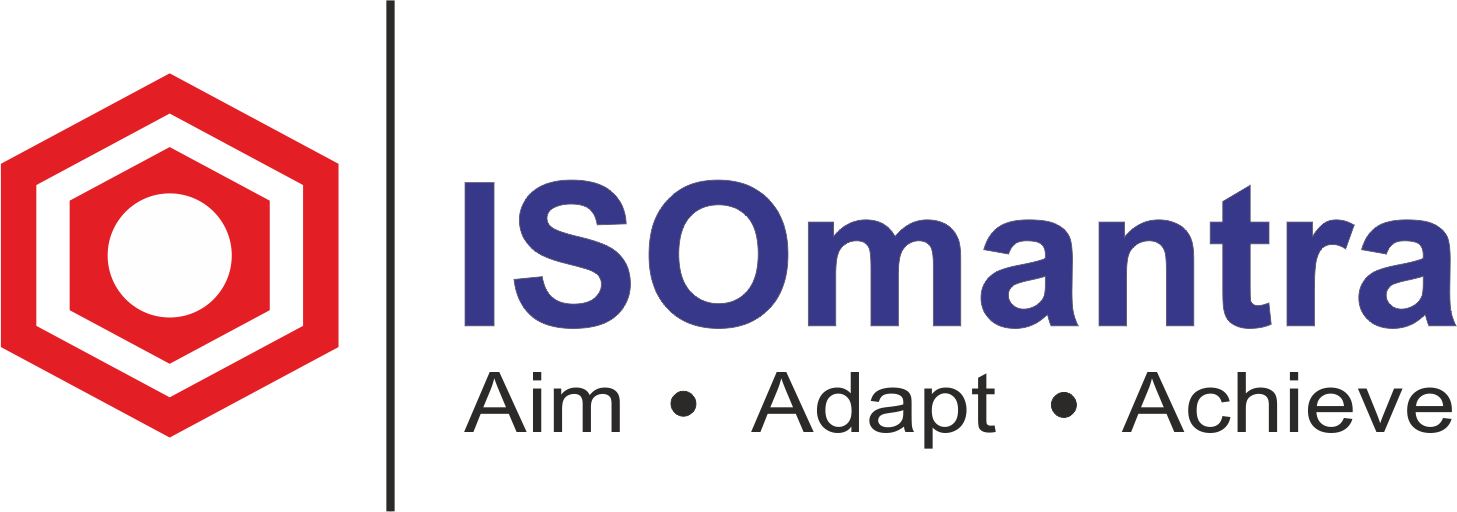• Reduced malpractice risks: Implementing the processes outlined in this standard reduces the risk of malpractice.
• Reference: ISO 37001 is a standard for developing or upgrading an anti-bribery management system.
• Transparency: This criterion is used to enhance transparency and keep stakeholders informed about the company’s anti-bribery position. Stakeholders include the Board of Directors, employees, business partners, and investors.
• Stakeholder assurance: ISO 37001 assures stakeholders that an organisation has implemented adequate anti-bribery processes.
• Security: ISO 37001 safeguards a company’s assets, shareholders, and directors from the harmful repercussions of bribery and corruption.
• Why Shows compliance: Adopting the standard helps organisations to demonstrate that they are in compliance with all applicable laws.
• Simple to integrate: Because ISO 37001 is built on the same structure as ISO 9001, ISO 14001, and ISO 45001, it is easy to include in existing management systems.
• Insurance: In the event of a disagreement, implementation and certification can be used as proof of due diligence.
• Serves as a benchmark: ISO 37001 can be used as a benchmark to compare an organization’s position to the best practices of other organisations around the world.

What exactly is ISO 37001 Certification?
The ISO 37001 Certification for anti-bribery management systems is an international standard for management systems that aid businesses in preventing corruption. Bribery is a major risk for businesses, with serious legal and financial ramifications for both individuals and organisations. In 2016, ISO 37001 Certification was published. The standard is intended to help businesses implement and maintain exact methods for monitoring, preventing, detecting, and resolving bribery across the organization’s commercial activities. Any form of organisation can use the standard. Because it applies to all nations and industries, ISO 37001 promotes a uniform knowledge of anti-bribery management systems (ABMS) in businesses of all sizes. By establishing and certifying your Anti-Bribery Management System, you not only decrease bribery risks, meet legal duties, and foster an ethical workplace culture, but you also establish internationally applicable standards for the construction, implementation, operation, and enhancement of ABMS.

